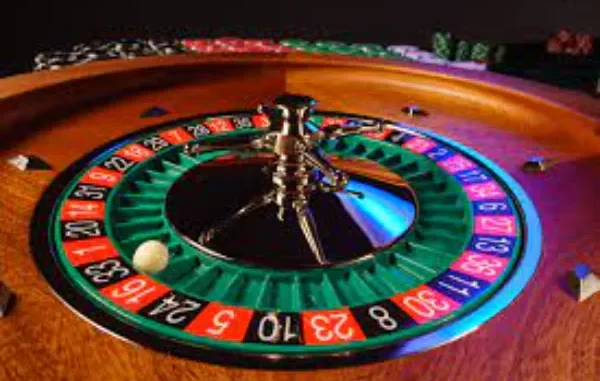
Ever wondered why placing a bet feels so exciting, even if you know the odds are against you? It’s about the rush. Let’s unpack what makes gambling so alluring and how to keep the thrill without crossing the line.
Hormones Behind Gambling
When you gamble, your brain embarks on a wild ride fueled by a dynamic duo of hormones: dopamine and adrenaline. Imagine dopamine as the cheerleader, rooting for you every time you take a leap of faith. It brings feel-good vibes, lighting up your brain’s reward system whenever you take a risk.
Adrenaline, on the other hand, is the fuel injection that prepares you for action. It’s like your internal drumroll, building the suspense before the reveal. Each bet, each roll of the dice, cranks up the volume on your adrenaline to make your heart race and your palms sweat. This hormone turns every win into a fist-pumping moment of glory and every near miss into a “let’s go again” urge.
Together, dopamine and adrenaline create the perfect storm. They’re why a gamble feels so electrifying, even when logic says otherwise. This hormonal cocktail keeps you coming back for more. It’s powerful stuff, tapping into the brain’s hardwired love for adventure and reward. But remember, like any roller coaster, the key is enjoying the ride without getting lost in the loops.
10 Tips to Effectively Handle Emotions While Gambling
Gambling’s thrilling, but you gotta know when to hop off. Here’s how to keep your head while enjoying the ride.
- Know Your Why
Why are you a frequent guest at top casinos? For the adrenaline, the fun, or maybe a bit of escape? Cool. Just remember your reason, and don’t let it slip into something else.
- Set Limits
Decide on your spending before you start — what you’re cool with losing. It’s setting a boundary. Stick to it, no matter what.
- Take Breaks
Even when you play your favorite crash games and use handy jet x game tricks, don’t glue yourself to the seat. Stand up, stretch, take a walk. Breaks help you think straight. It gives you a moment to check in with yourself.
- Celebrate Wins, Accept Losses
Winning? Awesome, do a little dance. Losing? It’s okay; not every ticket wins the lottery. Don’t chase what’s gone. Each day’s a new game.
- Stay Grounded
It’s a game, not real life. Wins are high-fives, losses are shrugs. Don’t let it mess with your head.
- Avoid Alcohol
Stay sharp. Alcohol muddies the waters and makes it harder to stick to your plan.
- Don’t Gamble Alone
Bring a buddy, someone to laugh with, or give you a nudge when it’s time to call it.
- Recognize the Signs of Problem Gambling
If the fun fades and stress sets in, take a beat. It’s like noticing you’re lost and deciding to ask for directions.
- Use Tools and Resources
Casinos like Rocketplay offer tools for responsible gambling — like setting limits on your account. It’s your safety net. Use it.
- Seek Support If Needed
Feeling overwhelmed? Chat with someone, a friend, or a professional. It’s important to seek help when you need it.
Sure Signs It’s Time to Quit
Knowing when to quit is crucial in gambling. Here are some clear indicators that it’s time to step back and take a break.
- If gambling shifts from exciting to stressful or upsetting, it’s a sign. It’s like when your favorite hobby feels more like a chore.
- If you find yourself betting more to win back what you’ve lost, it’s a red flag.
- When those limits you set start to feel more like suggestions, pay attention.
- If gambling puts your finances at risk — struggling to pay bills or borrow money — it’s time to hit the brakes.
- When gambling takes precedence over work, school, or family, it’s a serious sign.
- If you’re gambling in secret or avoiding friends and family to gamble, consider it a wake-up call.
- Extreme highs and lows in your mood tied to gambling wins and losses aren’t healthy.
Conclusion
Gambling taps into deep-rooted psychological desires for risk, reward, and the thrill of the unknown. It’s okay to enjoy the ride is okay, but remember, your game is supposed to be fun. When the thrill turns into stress or anxiety, it’s a signal to take a step back. It’s all about balance. Play smart, play safe, and remember, every game is a chance to learn more about yourself.

Leave a Reply